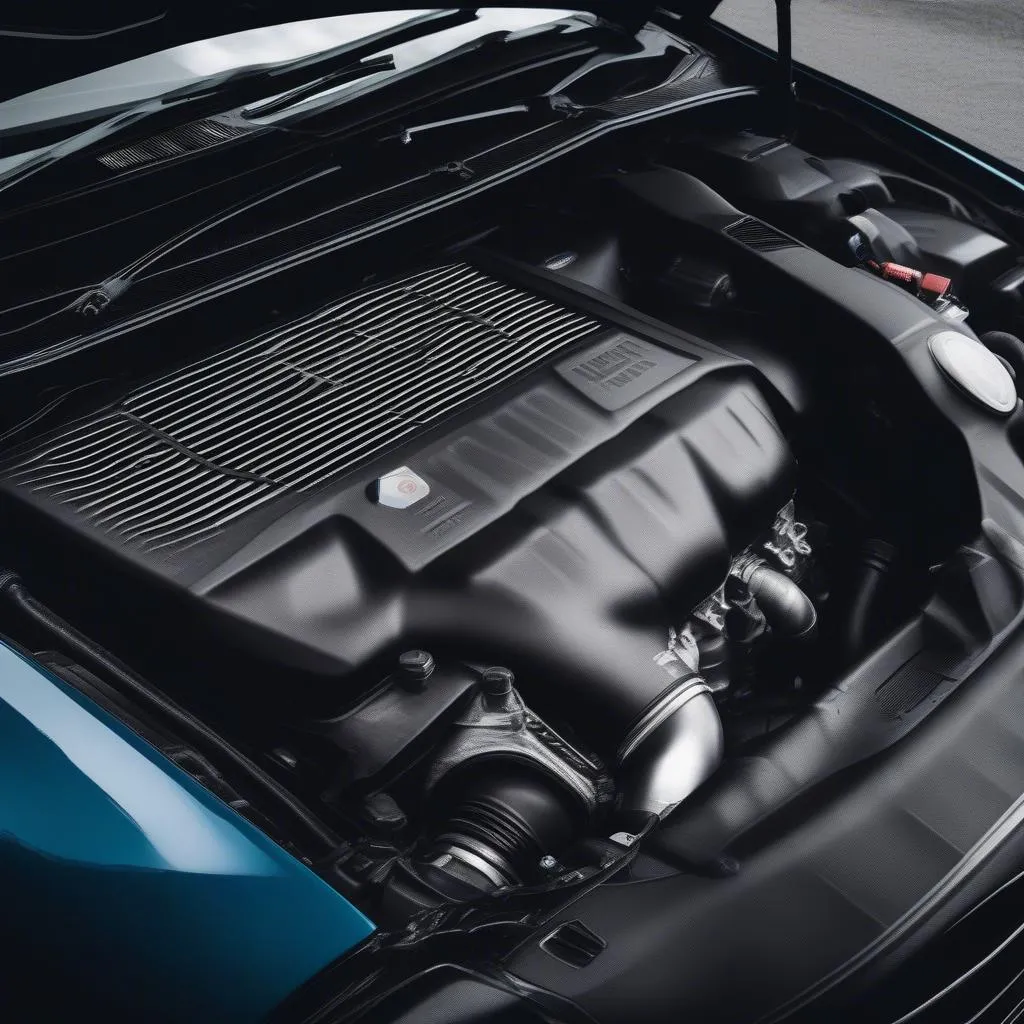Understanding Your BMW Temp Gauge: A Comprehensive Guide
Imagine this: you’re cruising down the Pacific Coast Highway in your sleek BMW, the California sun warming your face. Suddenly, you notice the temperature gauge creeping up. Your heart skips a beat. What’s happening? Is your beloved Beemer about to overheat?
Before you panic, let’s demystify the BMW temperature gauge and understand what it’s trying to tell you.
Decoding the BMW Temp Gauge
The temperature gauge in your BMW, like in any other car, is a crucial instrument. It provides a visual representation of your engine coolant temperature, essentially telling you how hot the engine is.
From a mechanic’s perspective: The temperature gauge is the first line of defense against overheating. It allows us to diagnose potential cooling system issues before they escalate into costly repairs.
From an automotive engineering standpoint: The gauge is carefully calibrated to provide the driver with a clear indication of the engine’s thermal status. It ensures the engine operates within its optimal temperature range for performance and longevity.
Economically speaking: Ignoring a fluctuating or high temperature gauge can lead to severe engine damage, resulting in expensive repairs that could have been avoided.
What’s Normal, What’s Not?
In most BMW models, the temperature gauge needle should sit comfortably in the middle once the engine has warmed up. This indicates the cooling system is functioning correctly, and the engine is at its optimal operating temperature.
However, here’s where it gets tricky:
- Slight fluctuations are normal: Don’t be alarmed by minor needle movements, especially in stop-and-go traffic or extreme weather conditions.
- Sudden spikes or a consistently high reading: This signals a problem. It could be anything from a low coolant level to a faulty thermostat or even a failing water pump.
“A consistently high temperature reading is like a cry for help from your BMW’s cooling system,” says automotive expert, Dr. Emily Carter, author of “The Complete Guide to Automotive Cooling Systems.” “Ignoring it can lead to catastrophic engine failure.”
Common BMW Temp Gauge Issues and Solutions
Let’s look at some common scenarios:
1. Low Coolant Level
This is the most common culprit behind temperature gauge fluctuations. Check your coolant reservoir when the engine is cold. If it’s low, top it off with the recommended coolant type for your BMW model.
2. Faulty Thermostat
The thermostat regulates the flow of coolant through the engine. If it gets stuck closed, the coolant can’t circulate, leading to overheating.
3. Failing Water Pump
The water pump circulates coolant through the engine, radiator, and heater core. A failing water pump can’t circulate coolant efficiently, causing the engine to overheat.
4. Radiator Issues
A clogged radiator or a leak in the radiator hoses can also disrupt the cooling system’s efficiency.
Remember: If your BMW overheats, pull over immediately and turn off the engine. Continuing to drive an overheating car can cause severe and irreversible engine damage.
BMW Temp Gauge: FAQs
Q: My Bmw Temp Gauge goes up when idling but goes down when driving. What could be the issue?
A: This could indicate a failing cooling fan, a clogged radiator, or a problem with the fan clutch.
Q: Can I drive my BMW with a faulty temp gauge?
A: It’s highly discouraged. Driving without a functioning temp gauge is like driving blindfolded. You won’t know if your engine is overheating until it’s too late.
Q: How often should I check my BMW’s coolant level?
A: It’s good practice to check your coolant level at least once a month and before any long journeys.
Need Help with Your BMW’s Cooling System?
We understand that dealing with car trouble can be stressful. If you’re experiencing issues with your BMW’s temperature gauge or any other aspect of its cooling system, don’t hesitate to reach out. Our team of expert BMW technicians is here to help.
Contact us on Whatsapp at +84767531508 for expert advice and assistance with all your BMW diagnostic and repair needs.
Keep Your BMW Running Cool
Your BMW is a precision machine engineered for performance and driving pleasure. By understanding and addressing temperature gauge fluctuations, you can ensure your Beemer stays cool, calm, and collected on the road, whether you’re navigating the bustling streets of New York or enjoying a scenic drive along California’s Highway 1.
For more insights into maintaining your BMW, check out our other informative articles:
 bmw overheating engine
bmw overheating engine
 checking bmw coolant
checking bmw coolant
